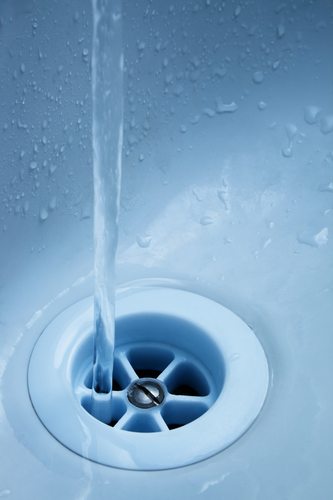For many dealing with acne, finding a solution can be a frustrating process. You make big changes in numerous areas, from skin products to diet to exercise, and you’re still dealing with unsightly and potentially painful acne sores.
Have you considered that your water might be part of the problem? At Kinetico, we’ve seen numerous clients who switch from hard water to soft water and find major results with skin conditions like acne – why is this, and is there a connection between acne and hard water? Let’s take a look.
Hard Water Basics
Hard water refers to water that contains mineral buildups acquired from pipes and other appliances. The minerals in hard water, which can be found in numerous areas around the country, can leave deposits on kitchen fixtures and can etch or scrape glass in some cases.
You won’t always be able to see hard water buildups as they form, and that’s part of the problem – both for kitchen items and, perhaps more importantly, for your skin. The skin could be seeing major detriments from these buildups, and in our next section, we’ll go over how this relates to acne.
Skin Irritation
The goal of washing the face to reduce acne is washing away the various bits of uncleanliness on your face that have built up over time. But when you use hard water to do this, you’re really accomplishing the opposite – the minerals found in the water are actually adding to impurities on your face. Hard water also interrupts the way typical soaps and cleansers work on your face, and can block these soaps from washing away properly. All these factors can clog your pores and actively make acne worse.
Switching to Soft Water
If you’ve tried a number of other acne solutions without success, getting a water softener might be your best bet. Soft water won’t clog the pores, but will rather help clean and seal them as necessary.
For more on hard water and acne, or to learn about our water softener installation services, speak to the pros at Kinetico today.


